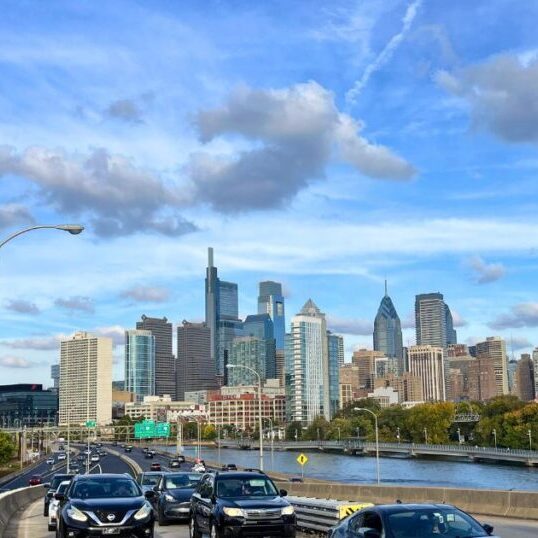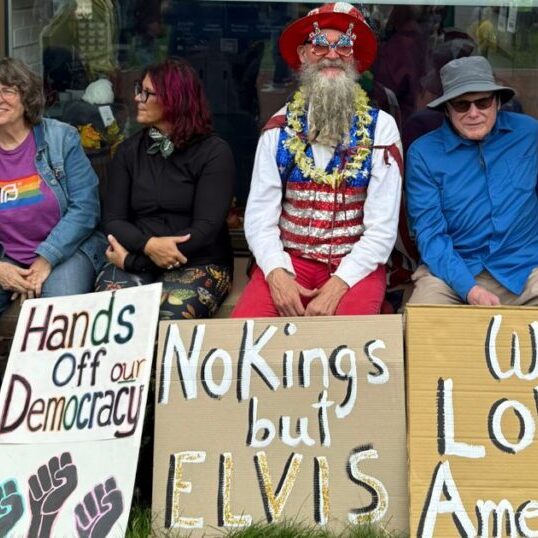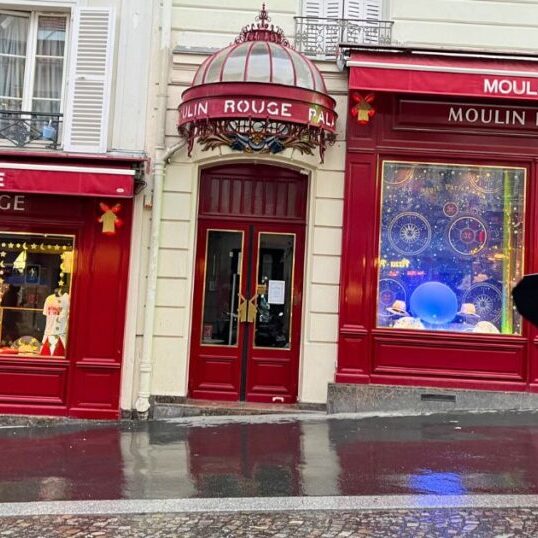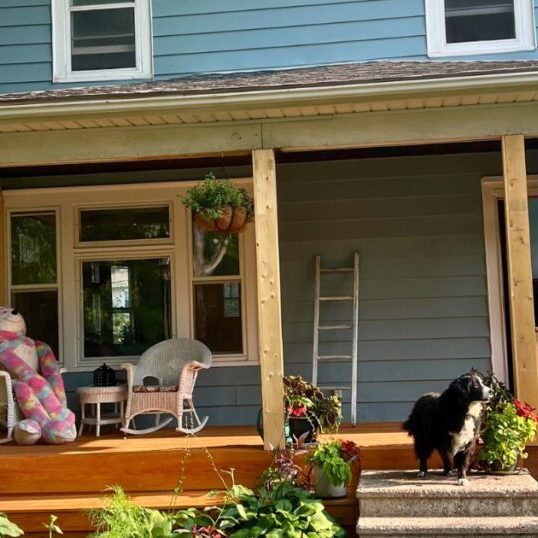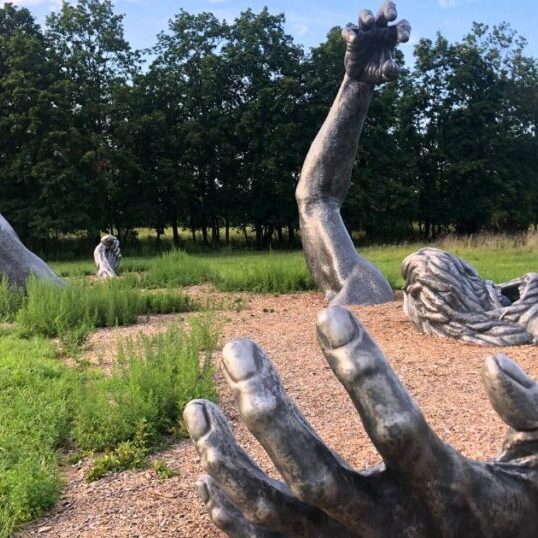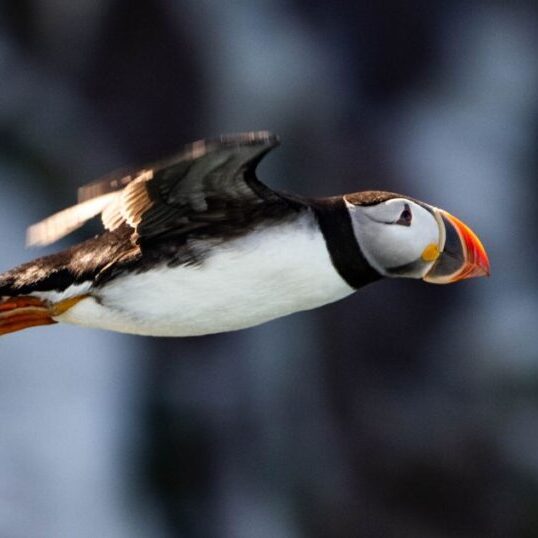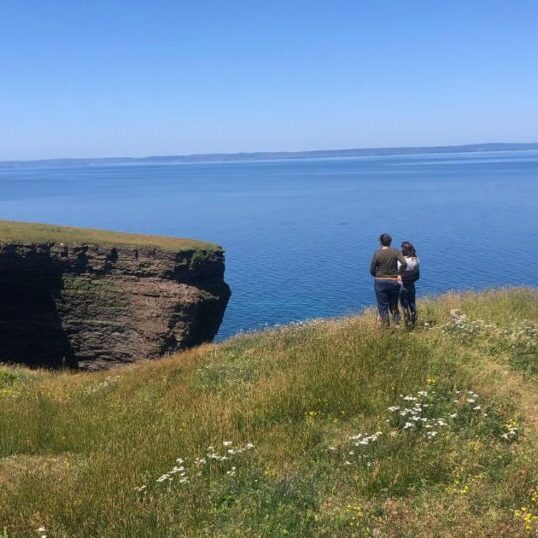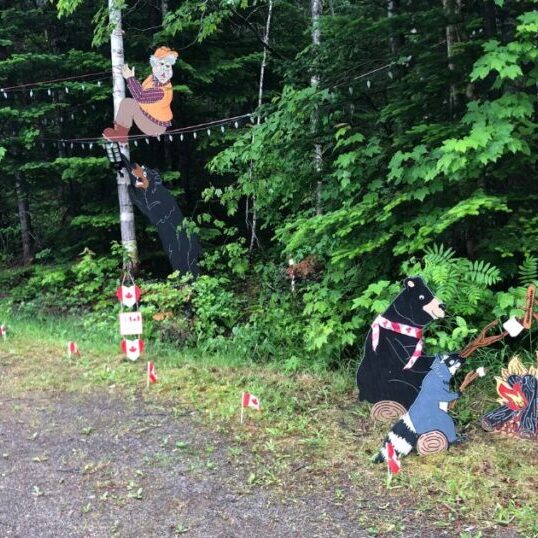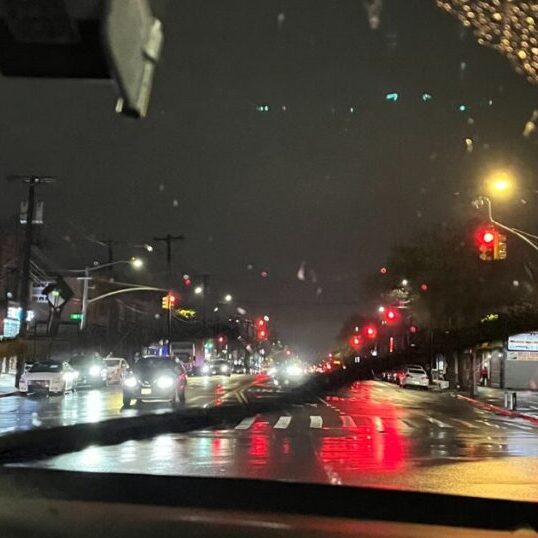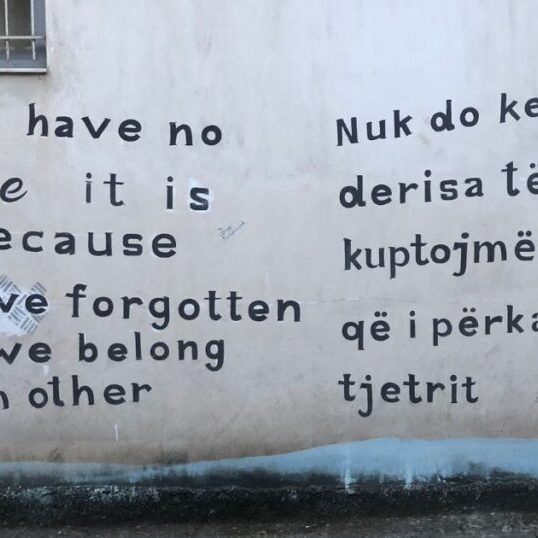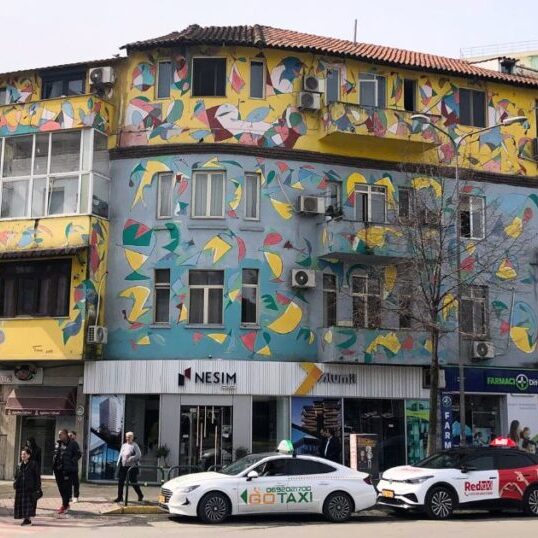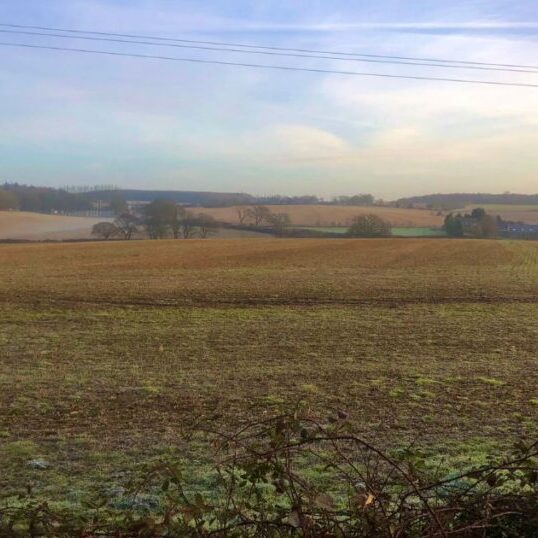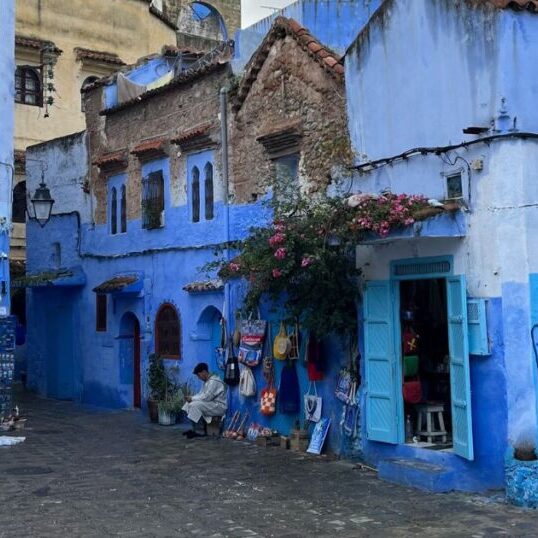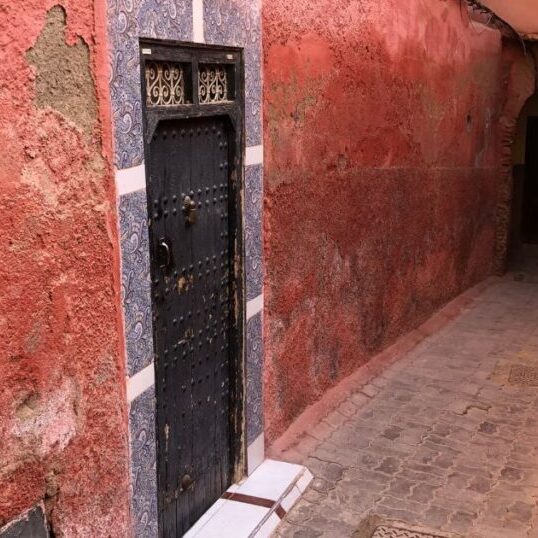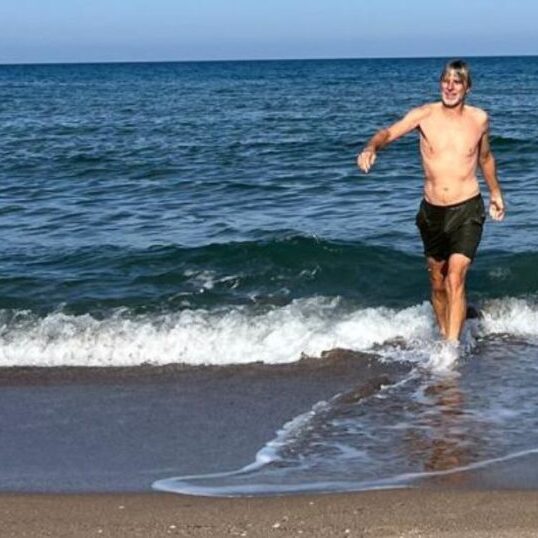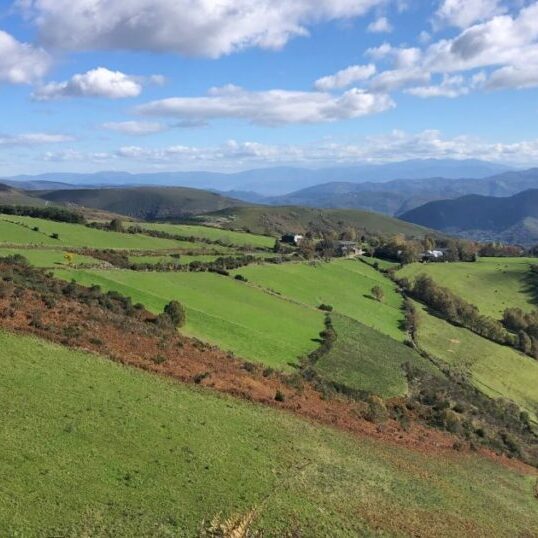How to afford a long, long trip
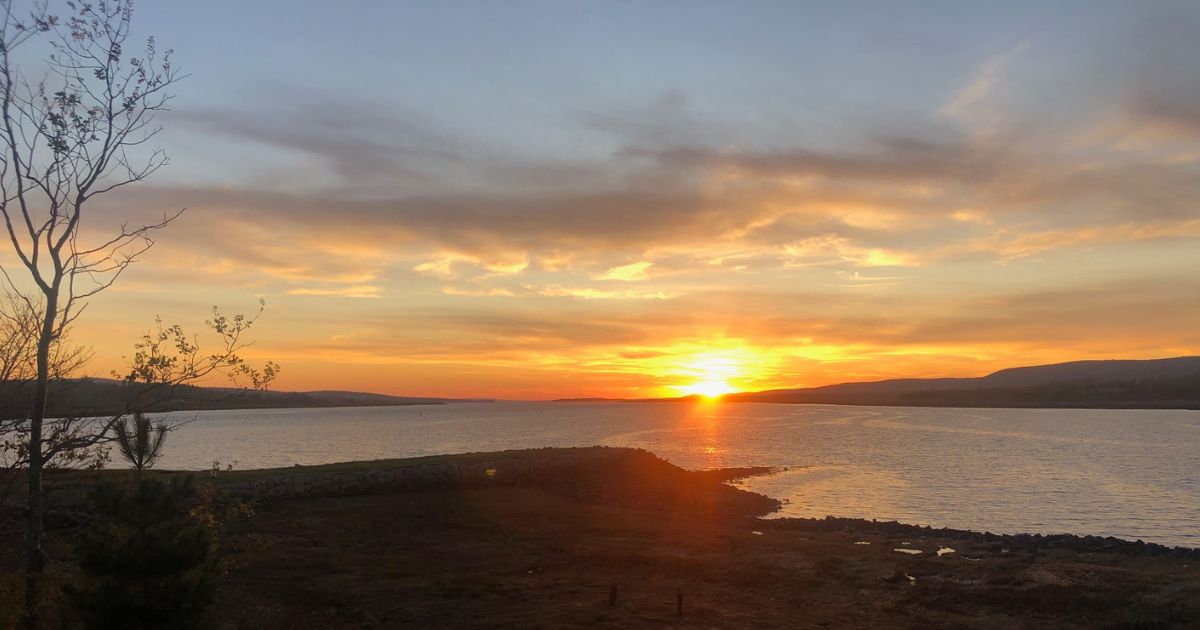
So many people say they would love to be travelling like we are if they only could. One of the biggest concerns is finances. While acknowledging the incredibly lucky and privileged place that Sarah and I are starting from, I thought sharing how we overcame key barriers might inspire y'all to see things in a different way.
Where does the money come from?
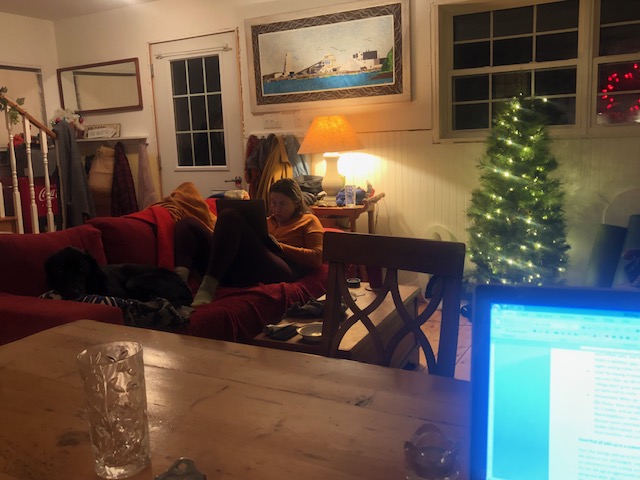
A dozen years ago, Sarah asked herself how she could build a business that was not only lucrative and indulged her creative genius, but also would be portable. The Website Doula was born and has grown every year since. She has worked from Vancouver Island to Myanmar, from Costa Rica to Minnesota, and now from Colorado to Nova Scotia. As I drive and indulge in Walt Whitman-esque scenery contemplation, Sarah interacts with clients - we track dollars per mile instead of miles per gallon. I did not create such a "digital nomad" career path, but in the future hope to take the occasional overseas contract in program evaluation or fundraising to pitch in a little.
How much did the house tie us down?
We have loved all our houses, but letting go opened our eyes to how much they cost. We have reduced our monthly expenditures by $3,175 by no longer paying:
- $2,500 - mortgage, property tax, insurance
- $100 - house maintenance & repairs
- $260 - gas, electric, water, garbage, snow removal
- $75 - internet
- $75 - Hulu, Netflix, etc (our hosts have streaming on their TV's)
- $125 - YMCA membership (we enjoy free or discounted 1-week trials at local yoga studios)
- $40 - Basic cleaning, cooking, and bathroom supplies provided by the host. Olive oil, soap (dishes, hands, laundry, hair), toilet paper, spices, paper towel, vinegar, salt, hot sauce, mustard-mayo-ketchup (or catsup in Canada), salt&pepper, sponges, vacuum bags, seran wrap & tin foil, light bulbs, candles... all add up!
Isn't travel super expensive?
A typical 1-2 week vacation really can break the piggy bank. Flying there and back, hotels, restaurants, and amusements add up. But our slow meandering is more a lifestyle than an adventure, and the frugality that built our financial security can continue on the road:
- Gas: Our electric car is very low cost to run and maintain, and we enjoyed free charging across the US as a benefit of purchasing new.
- Flights: The only flights in our first year will be to Costa Rica in February ($357 round trip Black Friday deal) then one-way to Italy in September ($600).
- Hotels: TrustedHousesitters.com lets us stay for free in other people's beautiful homes taking care of their pets; other times we've been blessed to stay with friends. We budget $1,000/month for hotels in between gigs, but so far have used it only once in October, twice in November, and 3 nights visiting Galen in Sackville.
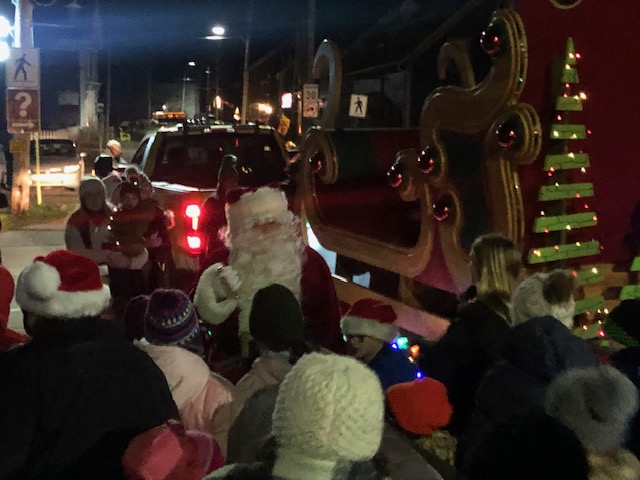 Food: By staying in houses for longer stints, we are still cooking for ourselves and not eating out any more than we did in Minnesota. And by thinking in 2-week segments, we plan meals better - things don't go to waste, Costco 6-packs don't sit on a downstairs shelf, we plan and buy what we need and no more. Plus, we get to use the host's basic supplies.
Food: By staying in houses for longer stints, we are still cooking for ourselves and not eating out any more than we did in Minnesota. And by thinking in 2-week segments, we plan meals better - things don't go to waste, Costco 6-packs don't sit on a downstairs shelf, we plan and buy what we need and no more. Plus, we get to use the host's basic supplies.- Amusement: When we rolled into Pugwash Nova Scotia last night, we didn't buy tickets for all the shows, tours and sights (that's a joke, this is Pugwash!) Pugwash is just where we're living for 2 weeks, and we will engage in the community just like we did in our longer-term homes. Meet neighbours while walking the dog, find the Christmas parade and farmer's market, discover parks and historic buildings - all interspersed with our regular life like work (Sarah), studies (Rick online), creative writing, scrabble. Vacations are (rightly so) a time to indulge and treat ourselves, and are accordingly expensive; living on the road is daily living with normal (or reduced) expenses.
Does that all add up to a sustainable lifestyle? Even with Rick retiring?
For us simple-living, debt-free, healthy, RRSP-vested hippies, yes! Our savings add up to $3,175/month. Subtract $1,000 for hotels (gas and the occasional flight are the same as our old vacation budget), and we are saving $26,175 per year. My last job paid $36,000 after taxes, so retirement is only costing us $10,000 per year. That's still a lot of money, and it means we are not saving for our old age as aggressively as before, but that's how we are financing this life adventure without going into debt. We're investing in us for a while instead of more RRSP's - spending it today instead of tomorrow.
Many folx could not afford this, but I hope the above shows that many others in fact could make it happen, or creatively make your own version of The Dream come true.
Subscribe now to get an email notification when a new post is published.
(Be sure to check your inbox to confirm your subscription.)
Currently in...
Monteverde, Costa Rica, for 2 months of cloud forest and community
Heading to...
Chicago/Montreal for Christmas, then Thailand (Chiang Mai), Vietnam (Hoi Ann, Feb-Mar). Please share any sites, people or ideas by email.
